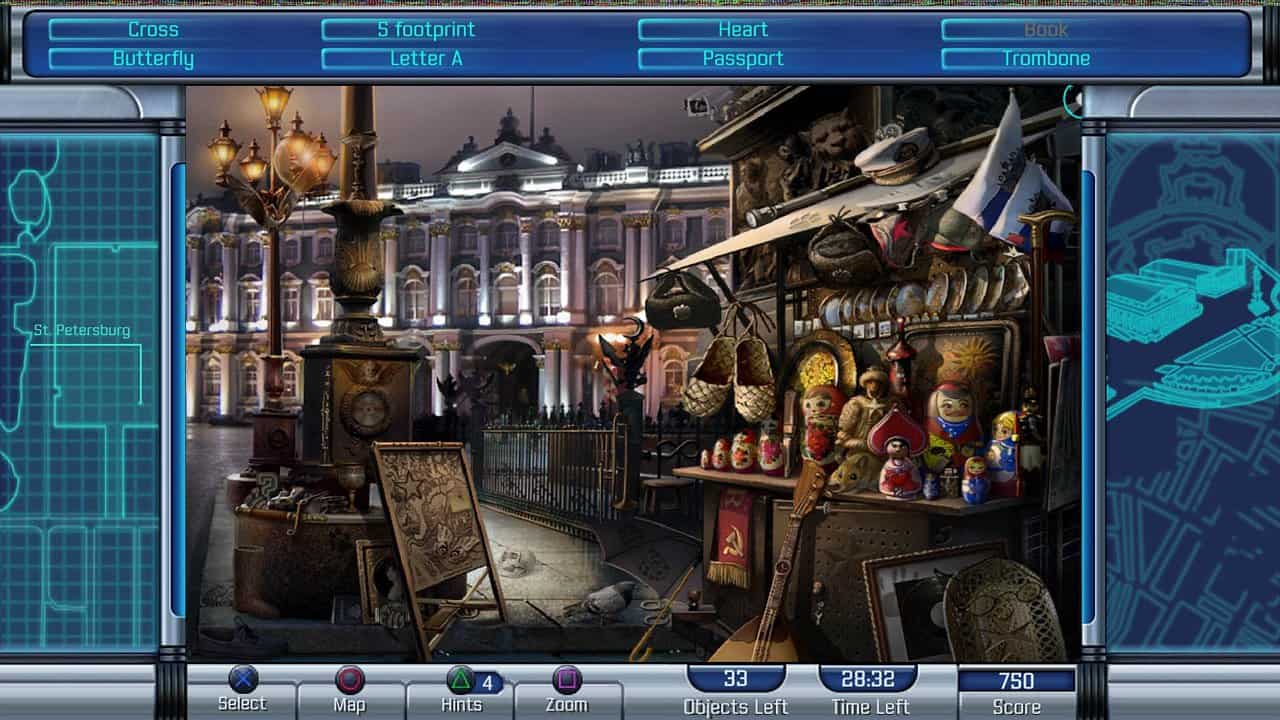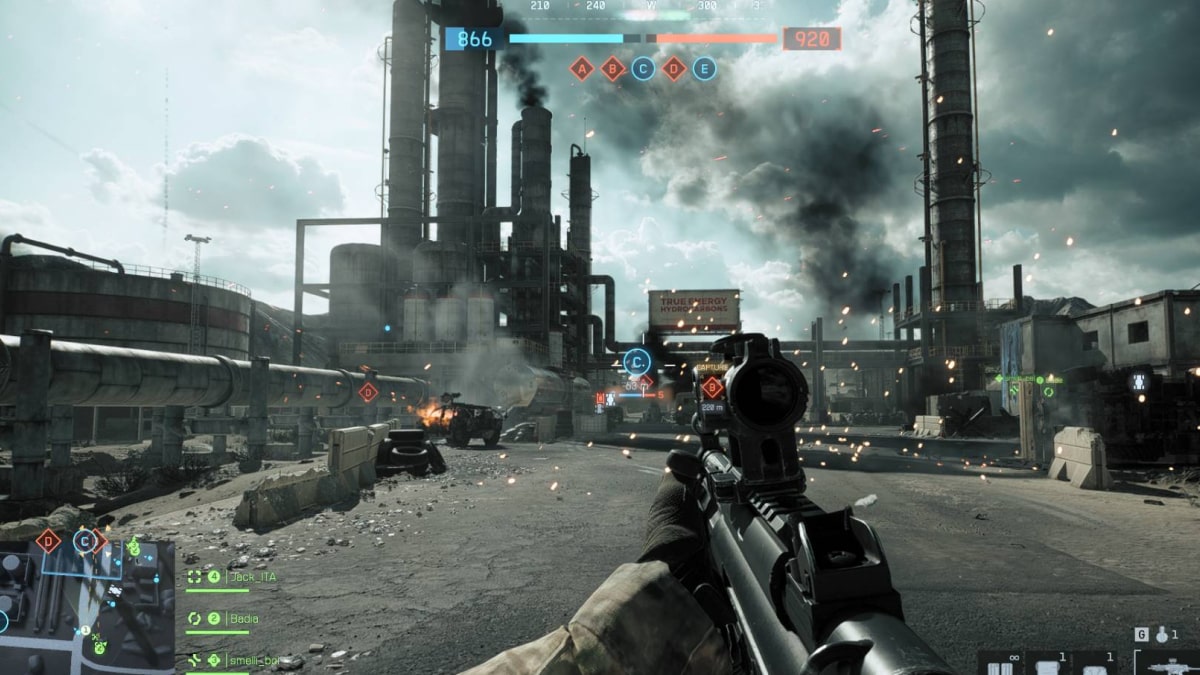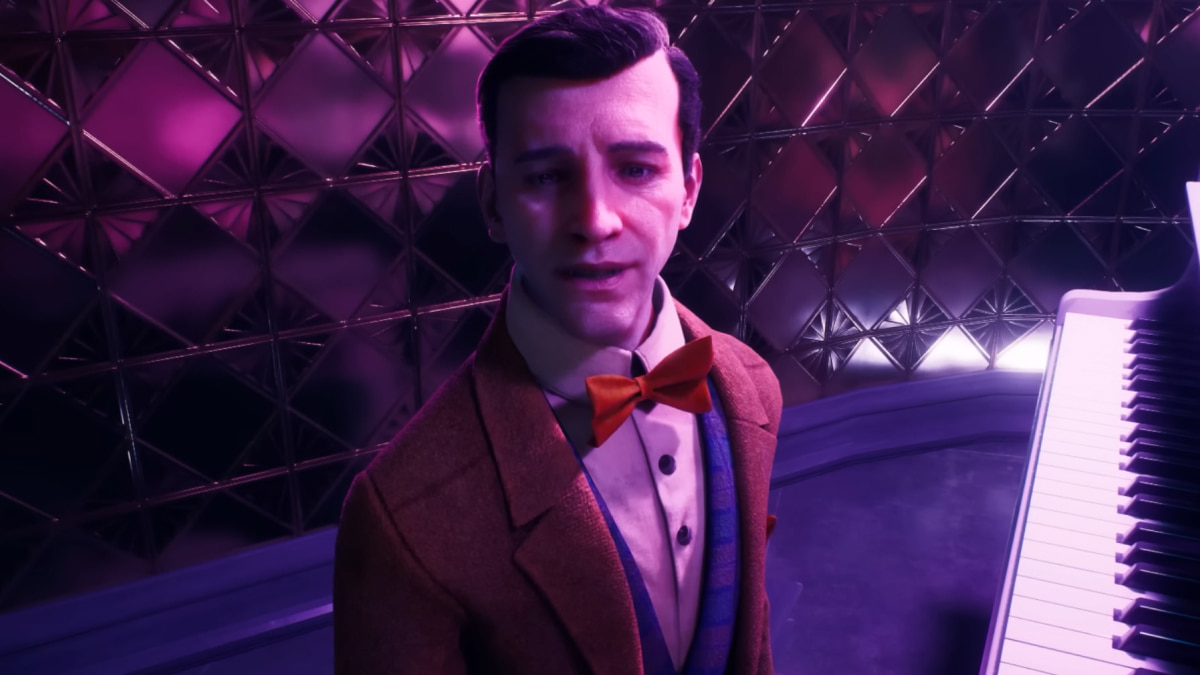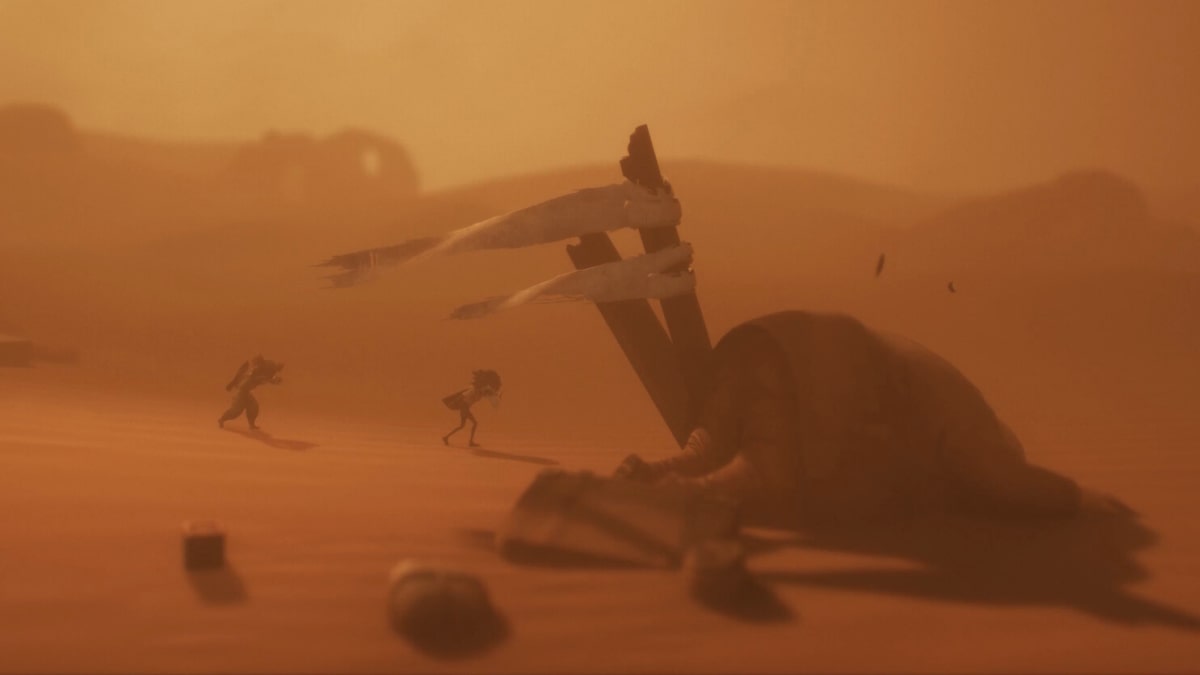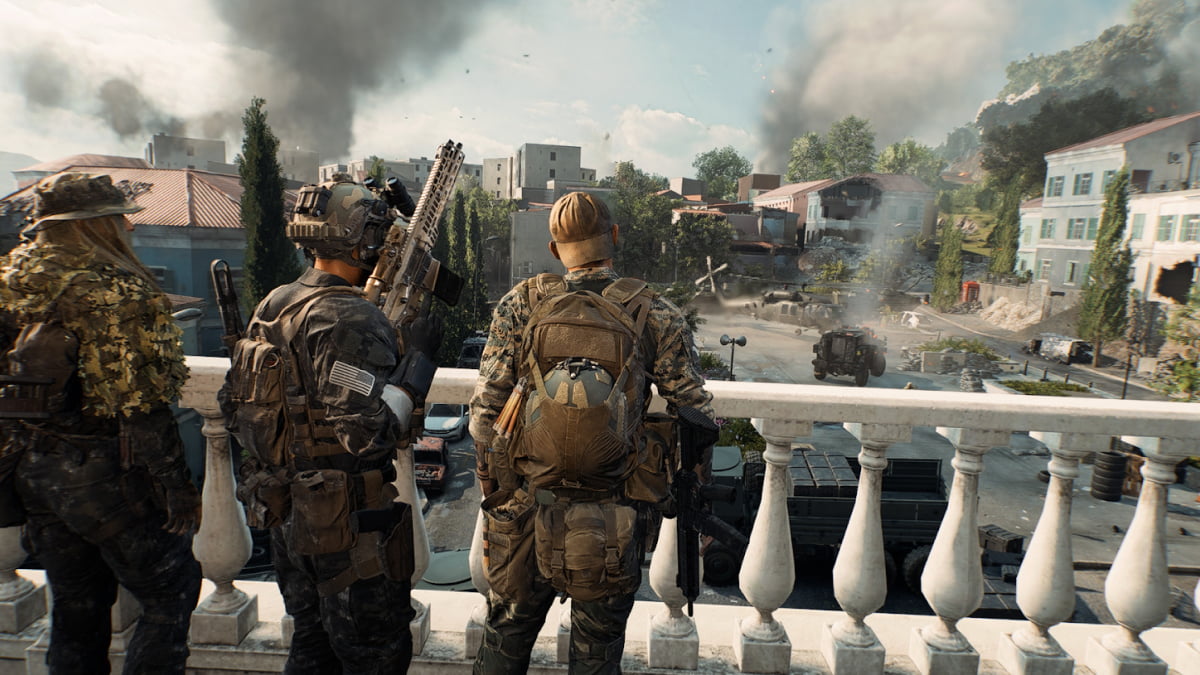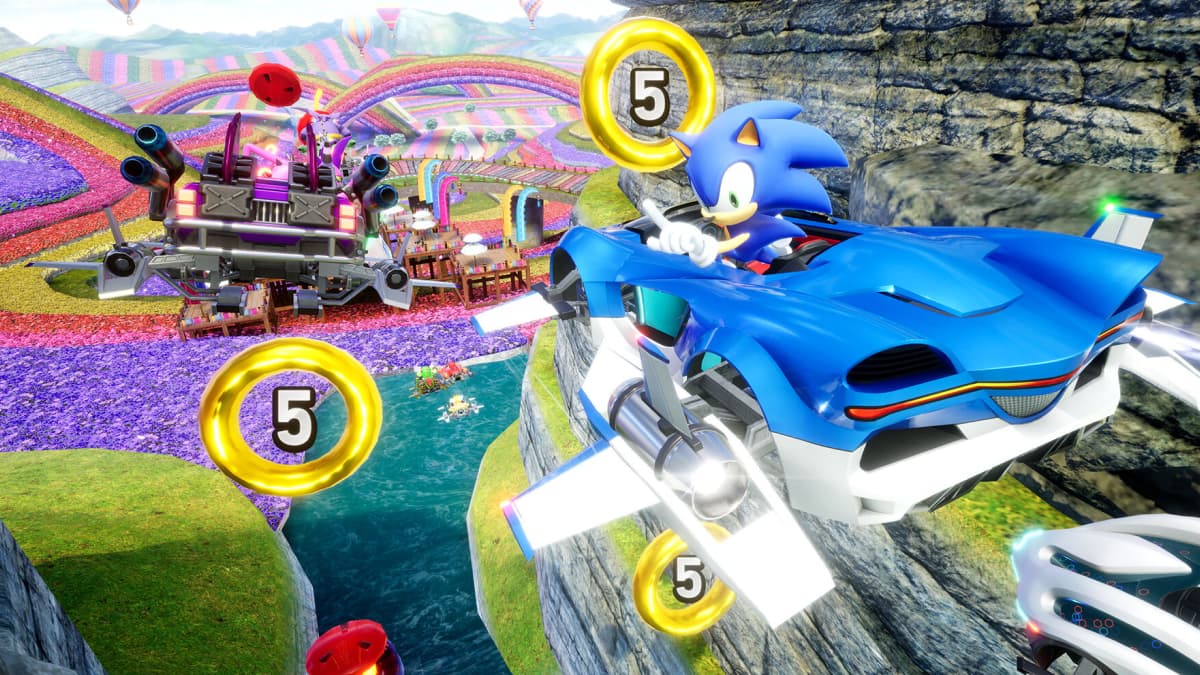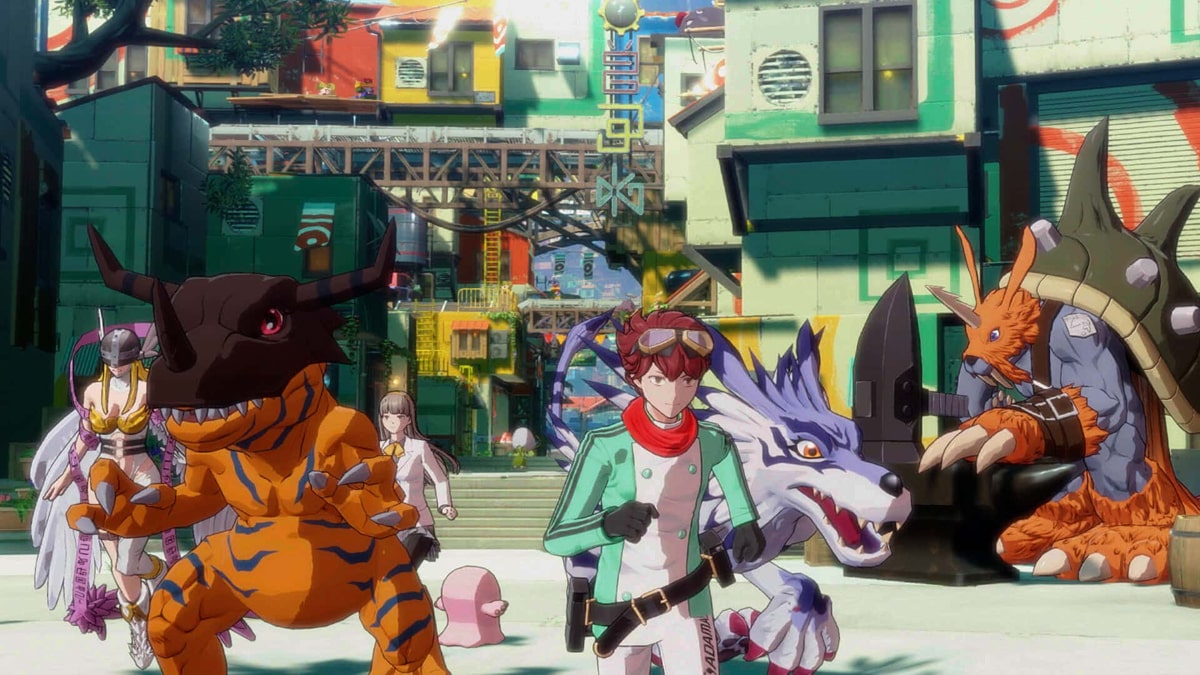You can trust VideoGamer. Our team of gaming experts spend hours testing and reviewing the latest games, to ensure you're reading the most comprehensive guide possible. Rest assured, all imagery and advice is unique and original. Check out how we test and review games here
Do you remember Where’s Wally? (or Waldo if you’re from the US)? He starred in a series of books in which you had to find the stripy jumper wearing character, appearing somewhere in a jumbled mess of activity. They were good, simple fun for kids, but they were just that: simple. Interpol from developer TikGames is essentially Where’s Wally? with the sense of fun stripped out completely.
In Interpol, instead of finding Wally you’re now a detective finding objects that apparently relate to criminals that are on the loose. Spread over numerous cities across the world, each featuring a set of still-image locations, you have a magnifying glass (what good detective would leave the house without one?) and a set of items you need to find (shown as words across the top of the screen). The game is essentially you looking closely at the image, trying to find the items on your list, using the magnifying glass when needed – and doing this in co-op locally or over Xbox LIVE if you’d prefer.
To say it’s a basic concept for a game is an understatement. It’s simply you looking at an image, clicking on things when you find them, and could just as easily have functioned as a board game or book – not exactly what video games are all about. There are some game-like rules, such as a time limit that adds pressure to find the objects, time penalties for spamming the select button all over an image, and joker cards that give bonuses. For what it is, it works, but there’s just nothing clever about it.
In a puzzle game you want to be challenged in ways that get your brain working, solving problems or thinking fast. There’s no subtlety or depth to Interpol. The clue system is nothing more than a limited number of times you’re allowed to be told where an object is, which is more of a gift than a hint pointing you in the right direction. Strangely we can still see a certain group of people getting hooked on the ‘gameplay’ on offer here as it’s quite relaxed despite the imposed time limits. We just can’t see why anyone used to the likes of Geometry Wars 2 or Portal on XBLA would be interested.
Developer TikGames has done itself no favours by releasing a game with such shoddy presentation. For a game all about looking at still images, the resolution of the scenes is disappointingly low. If you’re expecting Blade Runner-esque coolness, where you can zoom in on a tiny reflection, pan the camera and then get a pristine view of what looked like a high-res image, you’re going to be hugely underwhelmed. All you get is an ugly looking close up of an already rough looking image.
Other issues will depend on your adeptness with the 360 controller. While we didn’t find it much of an issue, a game like this is far easier when played with a mouse, allowing you to quickly and accurately point where you want, instead of having to scroll a cursor across the screen with an analogue stick. More of a problem is objects that aren’t accepted when you click them, despite clearly being of a type you’re looking for. On numerous occasions we could swear blind we were clicking on a phone or takeout box, but these weren’t the ones the game wanted us to find – or we’re blind.
In the end we don’t believe Interpol’s incredibly simplistic gameplay is worth the 800 MS Point price tag, and the rough presentation hurts what would have been a reasonably entertaining title for casual gamers. When 800 points can get you one of the best games of 2008, this kind of release really isn’t acceptable.
Interpol: The Trail of Dr. Chaos
- Platform(s): PC, PlayStation 3, Xbox 360
- Genre(s): Adventure, Puzzle
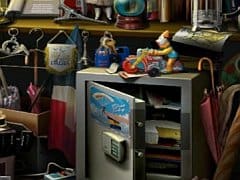
/https://oimg.videogamer.com/images/86d7/interpol_1.jpg)
